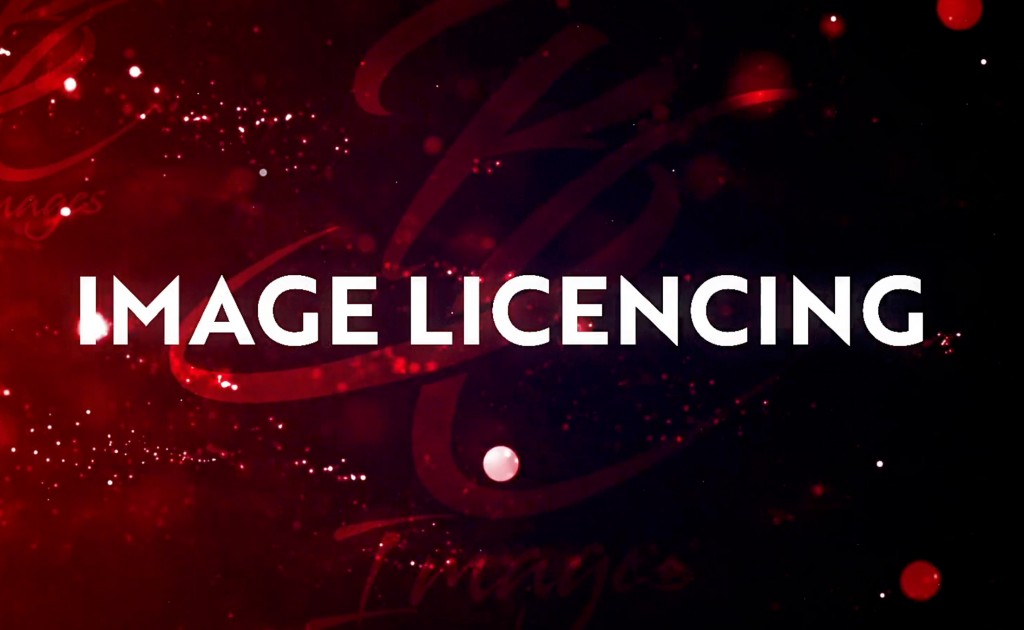Have you ever purchased music and listened to it? Rented a movie or saw it in a theatre? Or hired a photographer for your wedding or the sale of your home? It’s all licencing!
In this article I’m going to go over the basics of image licencing (or licensing if that suits you better) as it’s not uncommon for it to be misunderstood, or at least not fully understood. Which is fine, but hopefully this will help shed some light on it.
So you’re a business, you’ve hired a professional photographer, and you’re wondering how this image licencing thing works.
Basically the copyright holder sells usage rights to be able to use the images for various purposes.
In most cases there are limits to the use of the media. Things like for how long it can be used for, what it can be used for or where, and who can use it. So who is the copyright holder? The photographer!
The moment an image is taken the copyright is held by the photographer and is protected by copyright law.
So lets use an example with something you’d be very familiar with. Lets say Warner Brother’s (or whoever makes movies these days) creates an awesome movie. They create a piece of visual media that has value because people want to see it.
So what are the different types of licencing agreements that could apply to this single piece of visual media?
Let’s say you want to watch it privately in your own home and you rent it for 1 night. You go to some streaming platform and rent the movie and you are licensed to have access to the movie for 24 hours. Let’s say it cost $5 (I don’t know how much this costs, the numbers are all made up).
Now let’s say I rent it for a week and the cost becomes $10. So the value to me went up as I can access it for a week now. Let’s say I purchase it so I have unlimited access forever – and that costs $30.
Are you seeing a pattern? As the value for the consumer went up so did the cost, and the licencing agreements changed.
Now this was in the private space, and there would be restrictions in place as well. Like you couldn’t sell tickets to your mates to come over and watch it, you’d be limited on the number of people who could view it (you can’t have 1000 people over), and you can’t make a copy and go hand it to someone else.
Ok now let’s say I own a movie theatre and I want to rent the movie to be able to show it on my big screen. I want to be able to sell tickets to patrons to come view it and I sell other things like food and drink on the side etc. I’ll be licencing the piece of visual media to make money off it. Well now the value of this is significantly higher and the fees and licencing agreements would be completely different.
Now take a song for example. Let’s say I really love the song Smells Like Teen Spirit by Nirvana, or whatever the kids are listening to these days.Purchasing that music to listen to doesn’t mean the copyright has been transferred over to me. By purchasing that song I don’t have rights to sell it to someone else for commercial use or make it the theme song for my business and use it on my website.
Anyway you get the idea. The take away here is that a single piece of visual media that has value can be sold a variety of different ways and multiple times over. And the value assigned to it depends on who is purchasing it and what it is being used for.
This is exactly what photographers do. It’s how we make a living. We create pieces of visual media and we sell the usage rights to different parties who seek to obtain those rights.
A common misconception is that people assume they can do what they like with an image just like they could with something they shot on their iPhone. The big difference here is that when hiring a professional photographer, the photographer owns the copyright and has licenced it’s use to the individual or business. When you shoot something on your own iPhone you own the copyright, and then yes, you can do as you wish with it. Pass it around to your mates, let another business use it for their marketing, sell it to a stock footage site, whatever you like.
Anyway I hope this makes image licensing a little clearer, but the key point here is that all visual media has a copyright owner, and only the copyright owner has the rights to licence the use of that media.

